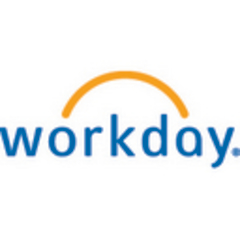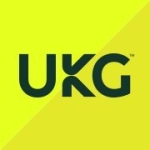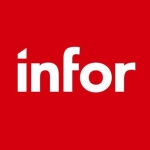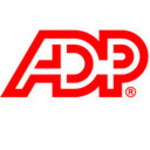The API’s have enabled us to really deliver reliable automation to the company. This isn’t just critical, because we can create ease of use, though that is really nice. Reliable, auditable integration has reduced the complexity and cost of our ongoing audits. Users get the access they need, when they need it, and it is removed when we need it removed. Workday, for us, is the tip of the spear for so much of what we do downstream.
If there was something to really point out here, it isn’t what Workday has done or offers, but what it hasn’t done that has been so powerful. We struggled to have successful implementations previously, partly because of our desire/need to implement features and functionality that are uncommon. Workday bases what they do on a large set of customers and the requirements laid out by the law. Being required to color inside the lines has helped us focus on what makes our company unique when it comes to pay, vacation, benefits, etc. Don’t get creative; get it right.
There is too much of a one-at-a-time concept in the workflow. The system is designed with the object model in mind, which is brilliant. Transition from one thing to the next is a never-ending relationship experience. As a leader, however, there are many times when merit and performance are not in isolation and one employee at a time. More thought into seeing the department or departments as a whole would be really valuable.
We use Workday as the source of all employee data. This means that via integrations built in-house, if as a new employee you are onboarded with Workday, you have accounts everywhere else. As a manager, I give it a 3/5. Lots of great data, but since I don't do this all the time, I find it to be not all that intuitive. Much of this may be based on how workflows have been implemented, but it nonetheless leaves much to be desired. Also, while the browser is powerful, the mobile app is so limited it is mostly useless. Lastly, as a power user I would give this a 2/5. So much can be done with the tools, but we constantly run into roadblocks that can only be pushed through with a hard to find, incredibly expensive contract resource. This is the only SaaS product I can think of that we have this experience with.
We went live June 2012 after a six month deployment project.
We use Workday for our HCM and have for several years.
We are an Oracle shop and used the HCM module. The switch was our push to focus on HR as a product in a best-of-breed approach, as the implementation we had in our ERP was largely ignored and disliked.
The technical implementation was straightforward with data dumps and use of their well-documented API’s. The complication came in applying policies to the system and training our users. The complexity was, and continues to be, enabling the power user to take advantage of the power of the tool without reaching out for help.
The beauty of it being a SaaS product is that we are always on the most recent version and we always opt for an early upgrade when there are new releases.
When we priced out this system, it was one of the most expensive solutions when compared straight up with other HCM replacements. The trick is in seeing its total cost now and going forward in comparison to everything else. Between risk reduction, audit reduction and knowing that in many ways we can stop thinking about HR as an issue to solve, we have seen great value. The answer lies in how you want to structure the TCO over ROI.
Don’t dip your toe in the water, jump in. With a solution like this there are great returns to be had, but you need to invest in really using the API’s, building automation with workflows and centralizing HCM here. If you keep recruiting, performance management, etc. outside of the system you will have purchased an airplane so you can drive around the neighborhood.
















Have there been pointed areas where Workday's analytics capabilities answered specific questions that you previously did not have a way to answer?